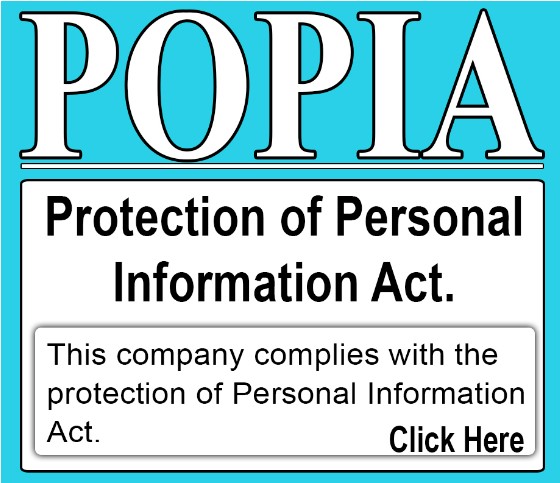STELLALANDER-VRYBURG: Businesses in South Africa that fail to meet new transformation targets under the country’s updated employment equity laws face severe penalties.
These include fines of up to R1.5 million or 2% of their turnover, as well as the potential loss of the Employment Equity Compliance Certificate, which is essential for securing state contracts. The Department of Employment and Labour has rolled out the new regulations, which will impact businesses employing 50 or more people.
These laws require companies to ensure their workforces mirror the country’s demographics at all levels. The department has set specific numerical targets for businesses in 18 industries across South Africa to employ designated individuals, including black workers (African, Coloured, and Indian), women, and disabled individuals. The transformation laws come with a built-in compliance deadline. Employers who fail to meet these targets face the hefty fines and the risk of losing access to state contracts. However, there is some flexibility in the regulations. Employers will not be penalized if they can demonstrate “reasonable grounds” for not meeting the targets. These grounds could include factors such as insufficient recruitment or promotion opportunities, the impact of business mergers or acquisitions, and adverse economic conditions affecting the business. Even if an exemption is granted, businesses will still be required to comply with new administrative and reporting requirements. According to legal experts specializing in labour law, these changes will require businesses across all sectors to overhaul their internal processes. Employers are now required to submit detailed data on foreign nationals in the EEA2 form and report workforce profiles annually by 31 August, aligning their employment equity plans with sector-specific benchmarks. Key deadlines include:
1 September 2025: New employment equity plans must be in place.
1 September – First working day of October: Window for manual submission of EEA2 and EEA4 forms.
1 September 2025 – 15 January 2026: Online reporting period via the Department of Labour website.
The regulations have sparked mixed reactions from various business groups. The Black Economic Empowerment (BEE) Chamber has supported the new rules, seeing them as a step forward in accelerating transformation. Frik Boonzaaier, Human Capital Transformation Specialist at The BEE Chamber, expressed that the flexibility provided would help businesses adjust over time, particularly as the regulations aim to integrate diversity into growth strategies. The chamber particularly welcomes the direct link between the Certificate of Compliance and sectoral targets for businesses seeking to participate in government tenders. However, other groups such as Sakeliga and the National Employers’ Association of South Africa (NEASA) have strongly opposed the laws. They argue that the regulations are unconstitutional, unlawful, and harmful to businesses. Sakeliga has even pledged to challenge the new laws in court, claiming that the sectoral targets represent racial quotas, which are illegal in South Africa. They also argue that the targets are unachievable due to the vast disparities in skills, geography, and other factors that define the South African labour market. Despite these legal challenges, the Department of Employment and Labour maintains that the regulations are flexible enough to allow businesses to apply for exemptions, and that they are crucial in addressing the country’s historic employment imbalances.









